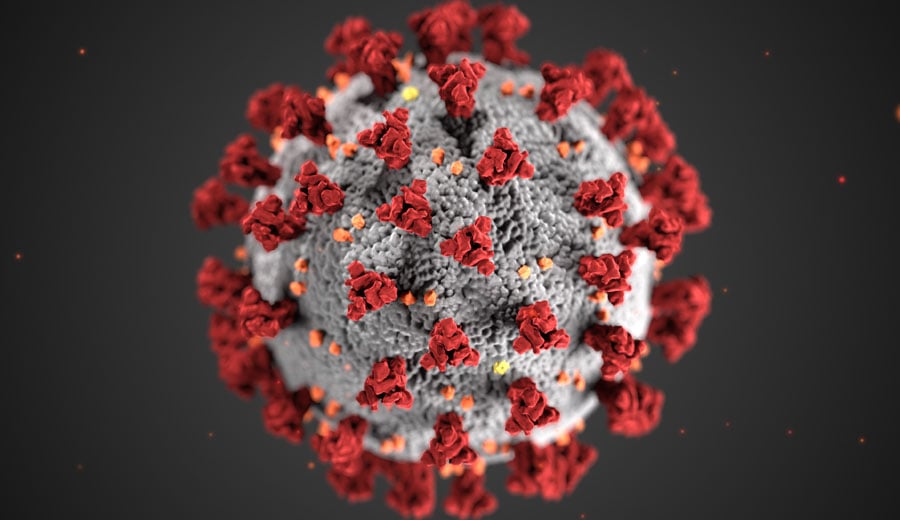Unit researchers have described and provided an alternate primer scheme, the Entebbe primers, for whole-genome sequencing, to improve the genome sequence quality and coverage. Despite the unprecedented global SARS-CoV-2 sequencing efforts, 19 to 43 percent of the genomes generated monthly are gapped, reducing their information content. The current study documents the genomes gap frequencies and their positions in the currently available data and provides and alternative primer set and a sequencing scheme.
The Entebbe primers, with detailed step-by-step laboratory protocols, are expected to provide a high proportion of gap-less genomes, which will in turn contribute to a reduction in cost and effort of sequencing large case numbers of SARS-CoV-2 thereby providing added value and increased utility of the resulting data.
https://doi.org/10.1093/ve/veab006
A SARS-CoV-2 lineage A variant (A.23.1) with altered spike has emerged and is dominating the current Uganda epidemic. The clinical impact of the A.23.1 variant is not yet clear, however it is essential to continue careful monitoring of this variant, as well as rapid assessment of the consequences of the spike protein changes for vaccine efficacy.
https://doi.org/10.1101/2021.02.08.21251393
The Uganda COVID-19 national response plan, through the MRC/UVRI and LSHTM Uganda Research Unit has received additional funding of £2.7 million (13B UGX) from the Medical Research Council/UK Research and Innovation (MRC/UKRI) towards diagnostic testing, sequencing, clinical support and community based surveillance to support and assess the wider impact of infection and pandemic mitigation strategies.
Researchers at MRC/UVRI and LSHTM Uganda Research Unit and the Uganda Virus Research Institute (UVRI), Ministry of Health (MoH) and their partners have generated the first Severe Acute Respiratory Syndrome Coronavirus 2 (SARS-CoV-2) full genomes using rapid local sequencing.
The University of Glasgow has committed to supporting international partners, including the MRC/UVRI and LSHTM Uganda Research Unit with a series of high-impact research collaborations to help mitigate the global health impacts of COVID-19.
https://www.gla.ac.uk/news/headline_726456_en.html
The Wellcome Trust is supporting the African COVID-19 preparedness (AFRICO19) project to enhance capacity to understand SARS-CoV-2/hCoV-19 infection in three regions of Africa (Kenya, The Gambia and Uganda) and globally.
https://wellcome.ac.uk/grant-funding/people-and-projects/grants-awarded/
The Wellcome Trust is supporting COVID-19 Intervention Modelling for East Africa (CIMEA). In Uganda (at the MRC/UVRI and LSHTM Uganda Research Unit) and Kenya the project will collect epidemiological, genomic and behavioural data through health facility surveillance, household follow-up and contact studies. This will allow for quantifying uncertainties of SARS-CoV-2 virus epidemiology and contact patterns in well and unwell individuals.
https://wellcome.ac.uk/grant-funding/people-and-projects/grants-awarded/

